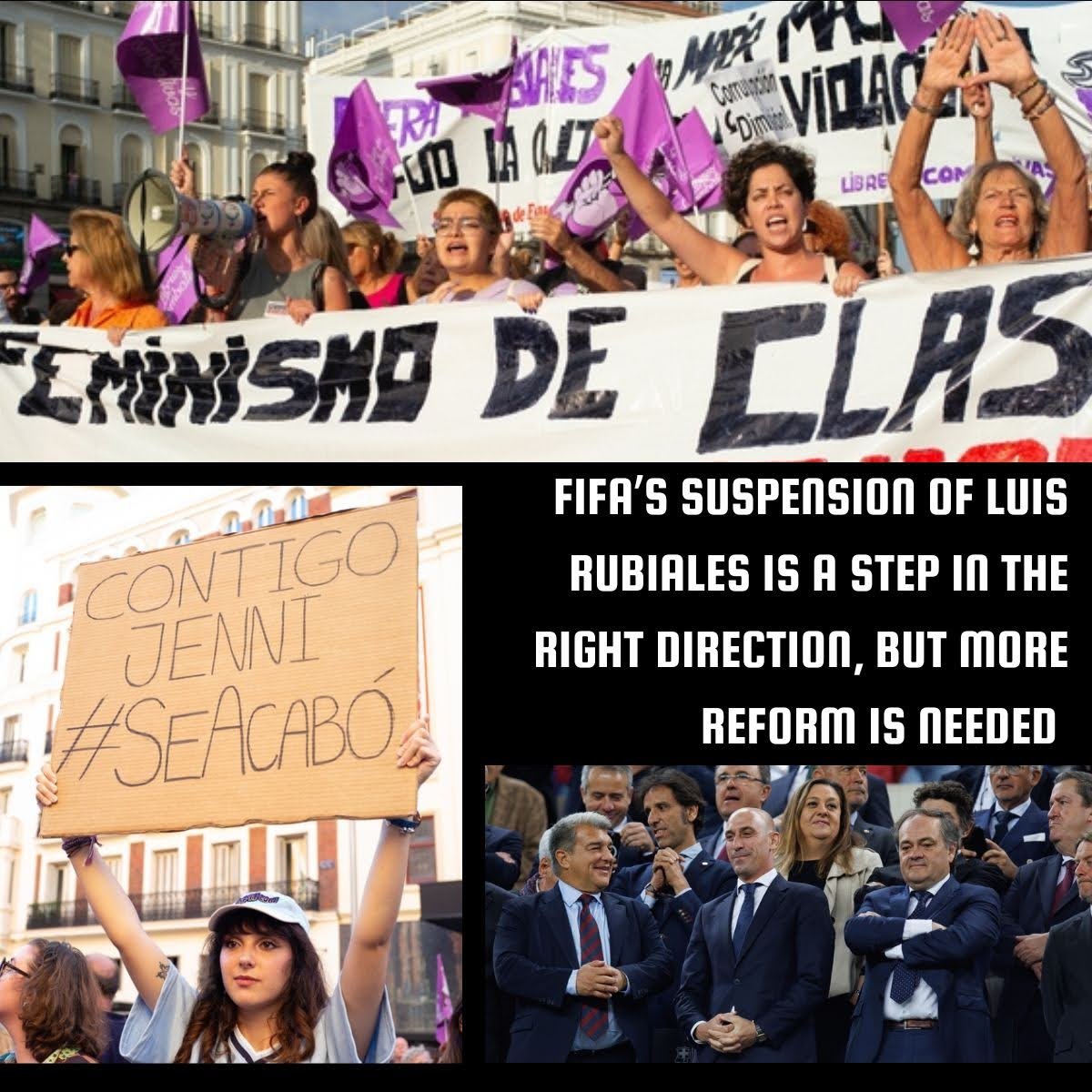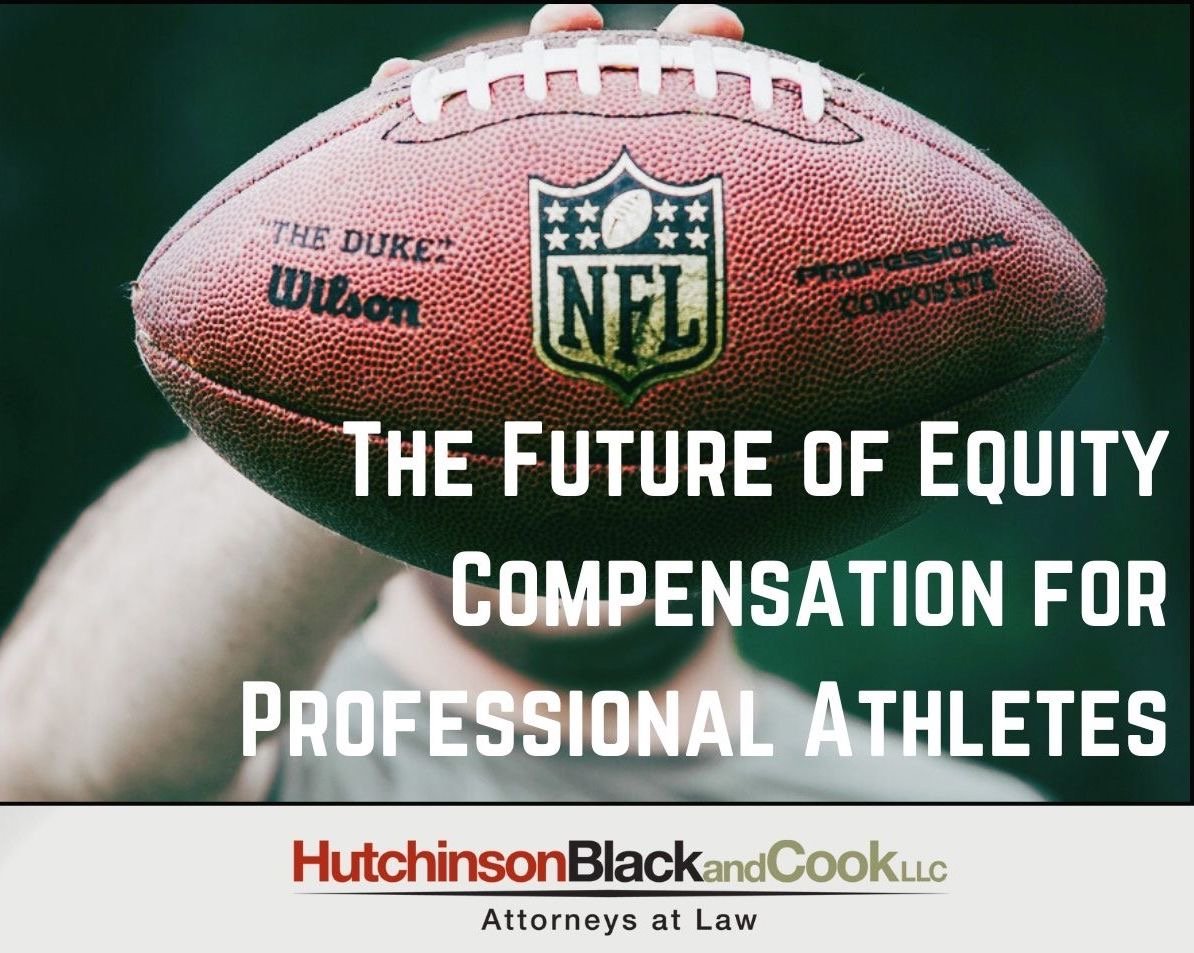FOR IMMEDIATE RELEASE Media contact: John Clune
February 5, 2025 john.clune@hbcboulder.com
303-441-7402
Female Athletes Likely To Receive Only $125 Per Year of Eligibility While Male Athletes Cash In
Boulder, Colo. – Hutchinson Black and Cook LLC (HBC) attorneys John Clune and Ashlyn Hare—alongside Rebecca Peterson-Fisher of Katz Banks Kumin LLP—have filed a formal Title IX-based objection to the House v. NCAA settlement, citing extreme gender disparities in financial compensation for college athletes.
The objection, filed on behalf of 10 former and current female student-athletes, exposes how the proposed settlement makes a critical error in calculating damages that vastly undercompensates women, likely awarding them just $125 per year of eligibility, while male athletes—particularly those in football and men’s basketball—stand to receive tens of thousands of dollars.
“This settlement isn’t just inequitable—it’s predicated on a flagrant violation of Title IX,” said John Clune, attorney at HBC. “This is primarily a settlement for football players that continues to keep female athletes in a one down position. One of our biggest concerns is that if this same inequitable model is used for revenue sharing in the future, women’s sports will be worse off than if there had never been a lawsuit in the first place. The schools and conferences should be embarrassed. They know better.“
Key Findings from the Financial Analysis of the Settlement
● Unequal distribution of damages. The settlement primarily relies on the erroneous belief that schools, over the past 8 years, would have paid 90% of compensation to male athletes had the NCAA and conferences not restricted the right of athletes to earn money. As outlined in our objection, Title IX would have required any money coming from the school or conference to be paid proportionally between men and women based on the number of athletes at each institution.
The settlement primarily allocates 90% of the $2.8 billion in past damages to male athletes in football and basketball, without ensuring that female athletes receive equitable financial benefits. As a result, most female athletes will likely take home a meager $125 USD per year of eligibility, while male athletes are taking home tens of thousands of dollars regardless of their marketability.
● Title IX violations. While most objections filed to the House vs. NCAA settlement are in response to roster limits and a host of antitrust issues, there’s an overlooked component to the settlement that most objections have not raised: gender equity in past damages payment from the schools and conferences. Specifically, the proposed damages fail to acknowledge that Title IX applies to payments by the schools and conferences and requires proportionate distribution of financial aid and athletic benefits.
● Threats to Olympic sports. The financial impact of the settlement may lead institutions to reallocate funds, potentially cutting or deprioritizing women’s and Olympic sports programs. Some schools have also stated they will implement the settlement’s future revenue-sharing model consistent with the inequitable distribution of past damages with 90% of revenue going to football and men’s basketball.
The filing comes amid ongoing legal and public scrutiny over the NCAA’s handling of athlete compensation, including name, image, and likeness (NIL) rights and revenue-sharing agreements. The outcome of this case could have significant implications for the future of college athletics and women in sports.
Our objection filed on behalf of 10 former and current student female athletes, is one of only a few objections on the basis of Title IX. One such athlete, Lexi Drumm, is a women’s soccer player for the College of Charleston.
“This settlement provides an opportunity to rectify the past of collegiate sports and move into a new era where female athletes are given the resources to let their sports thrive,” said Drumm. “Just like interest, investment in collegiate sports compound. Male athletes are set to benefit exponentially more in the NCAA settlement because of the resources men’s sports have disproportionately been given. When you look at who this settlement is benefitting, it sends a strong and clear message that female athletes are not the priority—and that will negatively impact the future of women in sports for years to come.”
The Bigger Picture: Gender Equity at a Crossroads
This filing comes at a time when athlete compensation, NIL rights, and revenue-sharing models are reshaping the landscape of college sports. While future revenue sharing and roster limits dominate the conversation, this objection forces a reckoning with this fundamental error in the calculation of the $2.86 billion settlement.
“As a former college athlete, I know how essential Title IX has been to the development of women’s sport, and it’s critical that it doesn’t fall by the wayside as college sports are increasingly commercialized,” said Ashlyn Hare, associate attorney, HBC. “The NCAA, conferences, and schools have an obligation to their female athletes to recognize their value and invest in their future. That starts with recognizing Title IX in this settlement agreement.”
Read the full objection.











